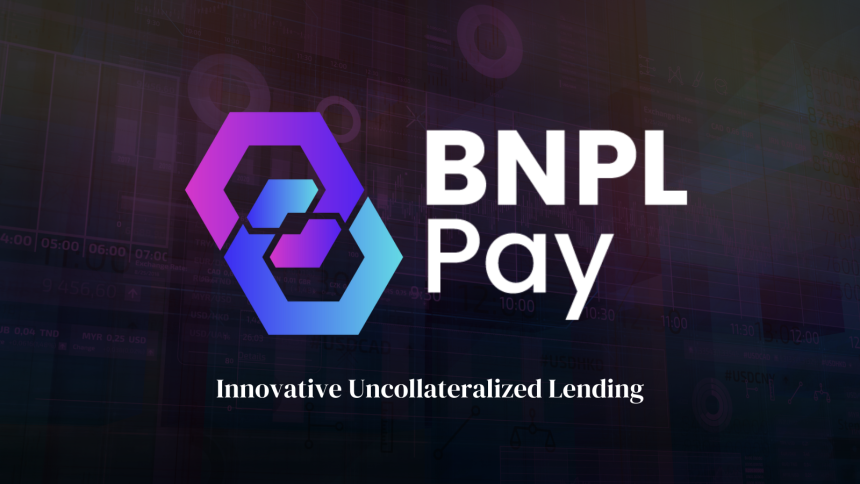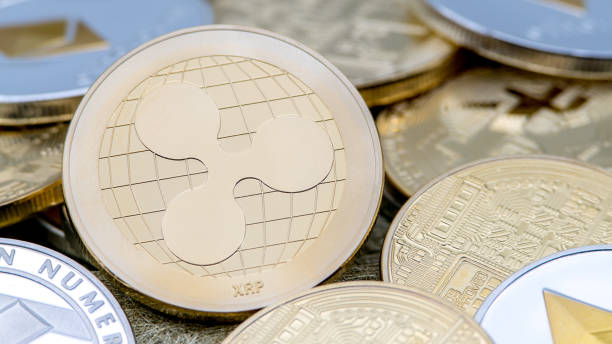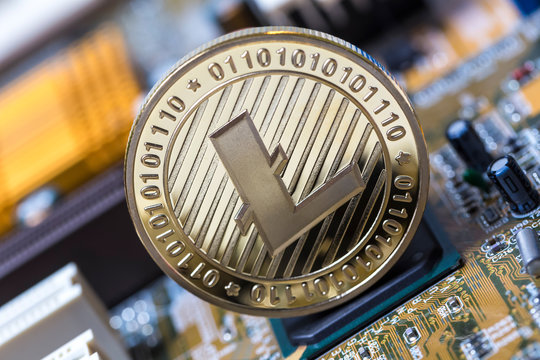Reason to trust

How Our News is Made
Strict editorial policy that focuses on accuracy, relevance, and impartiality
Ad discliamer
Morbi pretium leo et nisl aliquam mollis. Quisque arcu lorem, ultricies quis pellentesque nec, ullamcorper eu odio.
BNPL Pay is due to launch their cutting edge lending protocol where DeFi lenders will be able to lend to the real world via it’s network of banking nodes.
- Uncollateralized Lending
- Industry Leading Sustainable Yields
- Audited by Hacken
- ImmuneFi Bug Bounties Coming Soon
- Liquidity Mining Live
- Platform Launch Due this January
Other protocols such as AAVE have been chasing the uncollateralized lending sector for a while, however BNPL pay has beaten them to it.
The Protocol’s team and backers are seasoned traditional finance experts with a lot of exposure in the booming BNPL ‘Buy Now Pay Later’ sector. In addition, they have been active participants in decentralized finance since its inception. With this cross sector understanding a clear gap was identified in current DeFi lending platforms. Why wasn’t the trillion dollar Corporate Borrower space being served? They identified a first use case for the fast growing BNPL providers to utilize the abundant DeFi capital to service their needs at a lower cost of capital while providing higher sustainable yields for digital asset lenders. BNPL Pay was born.
A unique approach of creating a trust network where decentralized nodes each manages its own due diligence on borrowers, was the innovation that enabled BNPL Pay to crack the issue of under collateralized borrowers, which was required to access more interesting opportunities, including corporate borrowers such as BNPL companies. While other DeFi protocols have found it hard to mitigate the counterparty risk with a trustless party on the Blockchain, BNPL Pay created a bonding mechanism and KYC functionality as solutions.
The breakthrough in DeFi comes from an innovative network of banking nodes that assume the couter-party risks associated with lending to unsecured individuals. Each node is incentivized to compete for the lender’s capital. This breakthrough is not only beneficial to the corporate borrowers but to the lenders as well. Lending in DeFi (when protocol rewards expire) trend to < 3% on larger platforms such as AAVE. Lending to under collateralized borrowers in the traditional finance space provides much higher and more sustainable yields.
With over-collateralized DeFi protocols such as AAVE and Compound Finance reaching multi-billion dollar market caps in the small pond of on-chain, overcollateralized lending, it’s no wonder that BNPL Pay has its eyes on the ocean.
In January, the BNPL Pay’s uncollateralized lending protocol will be going into Mainnet for all to use.
Network Participants
- Banking Node Operators will bond BNPL to create either a KYC or non KYC node and in return for their lending activities, they will receive 10% of the interest repaid by borrowers.
- Lenders will be able to deposit capital into a node of their choosing and earn yields which are much more sustainable than current DeFi Platforms. Lenders will receive 80% of the interest payment plus BNPL, the protocol’s governance token.
- Stakers will be able to vouch for a node by staking BNPL tokens in a node of their choice and take a share of profits/losses. Stakers are rewarded 10% of the interest repaid, in BNPL Tokens.
- Borrowers are able to shop for the best rates and terms available from any of the banking nodes. Subject to any KYC/AML checks required by the banking node, borrowers are granted instant liquidity upon loan approval.
BNPL Pay is very security conscious and has stated that it is undergoing a second audit with Hacken Cyber Security Services and partnering with the largest whitehat bug bounty program, ImmuneFi, for post launch stress testing.
The innovative Blockchain protocol is due for launch in January 2022.
Website : https://bnplpay.io
Contact : marketing@bnplpay.io



























